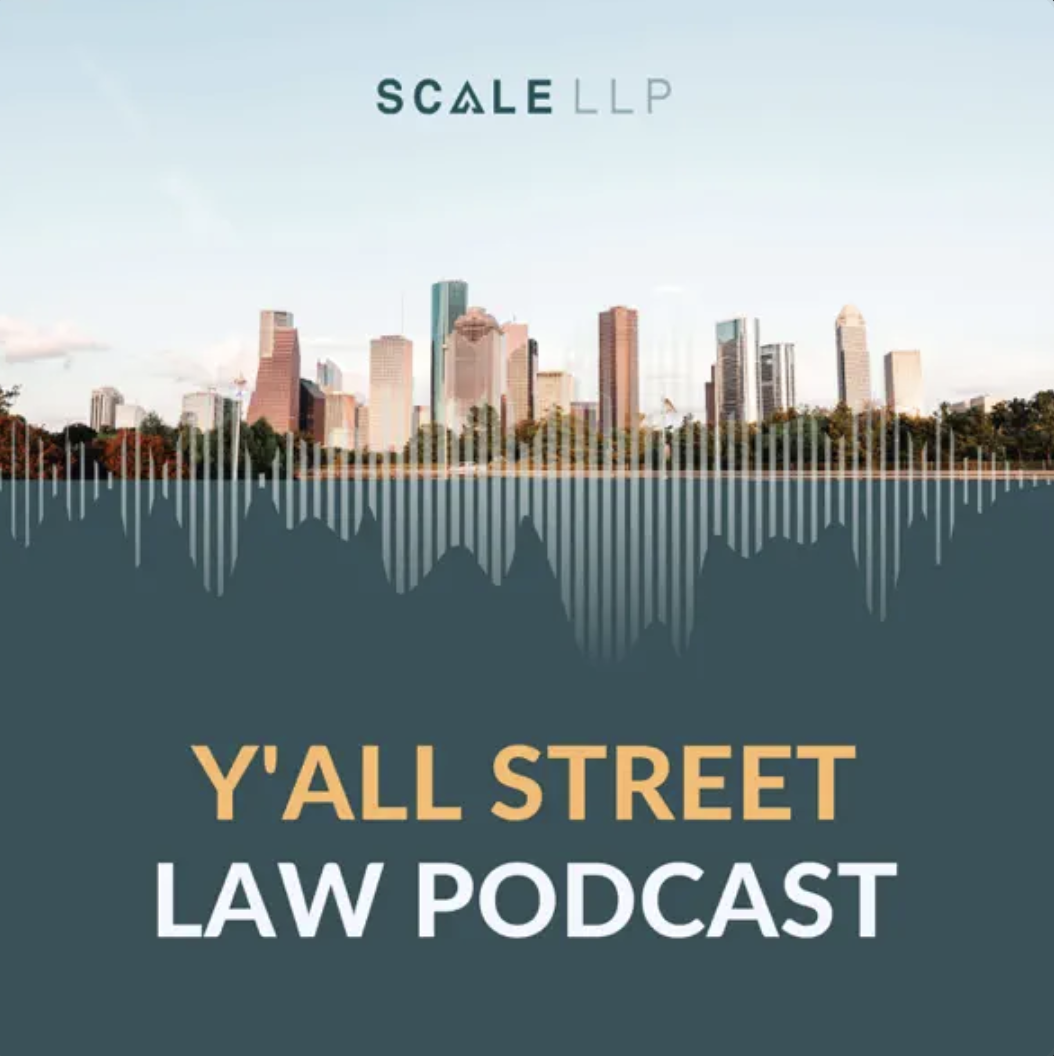In recent years, Texas has seen a notable uptick in companies choosing to redomicile from other states, particularly California and Delaware. This trend reflects broader shifts in the business landscape, as companies seek more favorable regulatory environments and operational advantages. High-profile examples of this shift include the recent announcements by Elon Musk that both SpaceX and X (formerly Twitter) will be relocating to Texas, as well as Tesla's redomiciling from Delaware to Texas. Understanding the implications of these moves requires a closer look at the differences between the Delaware General Corporation Law (DGCL) and the Texas Business Organizations Code (TBOC), as well as the nuances in fiduciary duties that these legal frameworks impose.
Why Texas?
Texas offers a unique blend of benefits that are increasingly attractive to businesses. The state boasts a robust economy, a favorable tax climate, and a regulatory environment that promotes business growth and innovation. Additionally, Texas's legal system is perceived as more business-friendly compared to the more litigious environments in states like California. These factors, combined with a relatively lower cost of living and doing business, make Texas a prime destination for companies looking to relocate.
DGCL vs. TBOC: Key Differences in Corporate Law
The Delaware General Corporation Law (DGCL) has long been the gold standard for corporate law in the United States. It offers a well-developed body of case law, predictability in corporate governance, and a specialized Court of Chancery that is highly experienced in handling complex corporate disputes. These features have made Delaware the preferred jurisdiction for incorporation, particularly for large, publicly traded companies.
However, the Texas Business Organizations Code (TBOC) offers several advantages that are appealing to companies considering redomiciliation:
1. Flexibility in Corporate Governance: The TBOC provides greater flexibility in corporate governance structures, allowing companies to tailor their bylaws and operating agreements to better suit their specific needs. This can be particularly beneficial for smaller, privately held companies that require more customized governance arrangements.
2. Simplified Regulatory Compliance: Texas has a reputation for being less bureaucratic and more straightforward in its regulatory requirements. This can result in lower administrative costs and reduced compliance burdens for businesses.
3. Protection Against Hostile Takeovers: The TBOC includes provisions that make it more difficult for hostile takeovers to occur, which can be an attractive feature for companies looking to maintain control and stability.
Fiduciary Duties: Comparing DGCL and TBOC
One of the most significant differences between the DGCL and the TBOC lies in the interpretation and enforcement of fiduciary duties.
Under the DGCL, directors and officers owe fiduciary duties of care and loyalty to the corporation and its shareholders. The duty of care requires directors to act with the care that a reasonably prudent person would use in similar circumstances, while the duty of loyalty mandates that directors act in the best interests of the corporation, avoiding conflicts of interest.
The TBOC also imposes fiduciary duties of care and loyalty, but there are notable differences in how these duties are applied and enforced:
1. Business Judgment Rule: Both Delaware and Texas recognize the business judgment rule, which protects directors from personal liability for decisions made in good faith and with reasonable care. However, Texas courts are often perceived as more deferential to the decisions of corporate directors, providing a broader shield against liability.
2. Exculpation Clauses: The TBOC allows corporations to include exculpation clauses in their certificates of formation that limit or eliminate directors' liability for breaches of the duty of care. Delaware law permits similar provisions, but Texas's approach can offer broader protections for directors, further encouraging companies to redomicile.
3. Interested Director Transactions: Texas law provides a more permissive framework for interested director transactions, provided that such transactions are disclosed and approved by a majority of disinterested directors or shareholders. This can facilitate more flexible business arrangements and reduce the risk of litigation.
The Impact of High-Profile Relocations
Elon Musk's decision to relocate SpaceX, X (formerly Twitter), and Tesla to Texas underscores the state's growing appeal to high-profile tech companies and innovators. Musk's moves highlight the significant advantages Texas offers, particularly in terms of a business-friendly regulatory environment and favorable economic conditions. These high-profile relocations are likely to further cement Texas's reputation as a prime destination for businesses looking to optimize their operations and capitalize on a supportive legal framework.
Conclusion
The movement of companies to Texas from jurisdictions like California and Delaware is more than a trend—it's a strategic decision influenced by the distinct advantages Texas offers in terms of corporate law, regulatory environment, and economic climate. The differences between the DGCL and the TBOC, particularly in the areas of corporate governance flexibility and fiduciary duty protections, make Texas an attractive destination for businesses looking to optimize their operations and mitigate legal risks.
As this trend continues, it will be important for businesses to carefully consider the legal implications of redomiciling and to seek expert legal advice to navigate the complexities of transitioning to the Lone Star State. At Scale LLP, our team is well-equipped to guide companies through this process, ensuring a smooth transition and helping them leverage the benefits of Texas's business-friendly environment.
Texas may have been immortalized in song as the place where "all my exes live," but for many businesses, it's becoming the place where their future resides.






.svg)